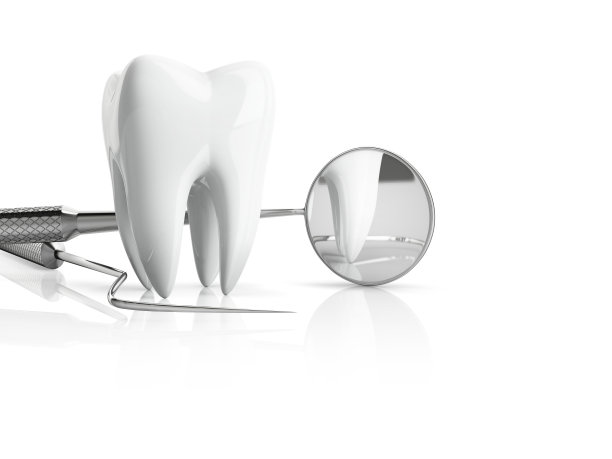Essential Guidelines to Follow for Safe and Successful Dental Implantation Procedures
Summary: Dental implantation is a complex but rewarding procedure that offers individuals a chance to restore their smiles and functionality lost due to missing teeth. This article outlines essential guidelines to ensure safe and successful outcomes throughout the dental implantation process. The guidelines cover patient assessment, the surgical procedure, postoperative care, and long-term maintenance. By adhering to these principles, both patients and dental professionals can minimize risks and achieve the best possible results from dental implants, leading to improved oral health and quality of life.
1. Comprehensive Patient Assessment is Key

The first step towards a successful dental implantation procedure is thorough patient assessment. A comprehensive evaluation will help identify any underlying health conditions, dental issues, or lifestyle factors that might influence the treatments success. This assessment might include medical history, dental x-rays, and possibly 3D imaging to visualize the jawbone and surrounding structures.
It is critical to consider patient factors such as age, bone density, and gum health during this phase. For instance, older patients or those with significant bone loss may require additional procedures, such as bone grafting, before proceeding with implants. These considerations help tailor the implantation process to the individual needs of each patient.
Furthermore, patients should be educated on the entire process, potential risks, and the roles they play in their recovery and success. An informed patient is more likely to adhere to post-surgical guidelines and to maintain good oral hygiene practices throughout their treatment timeline.
2. Surgical Protocols Must Be Followed Rigorously
The surgical procedure itself must be executed with precision and adherence to established protocols. Selecting a qualified and experienced oral surgeon is crucial to minimize complications and maximize success rates. Before surgery, a surgical plan should be developed, which includes specific techniques and considerations based on the patient’s unique anatomy and needs.
Aseptic techniques are essential throughout the surgical process. Minimizing the risk of infection requires a sterile operating environment, appropriate antibiotic prophylaxis, and meticulous attention to detail. All instruments must be sterilized, and the surgical site properly prepared to reduce contamination risks.
Additionally, its vital to keep the communication open between the patient and surgeon throughout the process. Addressing any concerns or discomforts directly during the surgical phase can greatly reduce anxiety and enhance overall satisfaction with the experience.
3. Importance of Postoperative Care and Guidelines
Postoperative care is equally important as the surgical procedure itself. Patients must receive clear, written instructions on how to care for their surgical site at home. This typically includes guidelines on diet, pain management, and signs of potential complications that should be reported to the dentist immediately.
Swelling and discomfort are common after dental implants, but these symptoms should gradually subside. Regular follow-up appointments are essential to monitor the healing process and to address any issues that arise during recovery. Patients should also be encouraged to maintain a soft food diet and to avoid strenuous activities for the initial recovery period.
Maintaining a good oral hygiene routine post-surgery is essential to prevent infection and promote healing. Patients should use a gentle toothbrush and follow recommendations on rinsing or using antiseptic mouthwash to keep the surgical area clean and free of harmful bacteria.
4. Long-Term Maintenance Ensures Success of Implants
After the initial recovery phase, long-term maintenance of dental implants is crucial for their longevity. Patients should continue to visit their dentist regularly for check-ups and professional cleanings. Just like natural teeth, implants require ongoing care and assessment to ensure their stability and functionality.
Moreover, the patients role in maintaining good oral hygiene cannot be overemphasized. Regular brushing, flossing, and possibly using interdental brushes for cleaning around the implant area are fundamental practices that need to be instilled in patients. Additionally, they should be educated about how to recognize signs of potential issues, such as gum inflammation or unusual movement of the implant.
Ultimately, a commitment to a healthy lifestyle, including a balanced diet and avoiding harmful habits like smoking, significantly contributes to the success of dental implants in the long run. Studies have shown that such practices can lower the risk of implant failure and ensure a positive quality of life for patients.
Summary:
In essence, following these essential guidelines for dental implantation can dramatically influence the success and safety of the procedure. From comprehensive assessments and scrupulous surgical protocols to detailed postoperative care and long-term maintenance, each step plays a pivotal role in enhancing the overall efficacy of dental implants and patient satisfaction.
By taking the time to adhere to these guidelines, both patients and dental professionals can work together for positive outcomes, ensuring smiles that last a lifetime.
This article is compiled by Vickong Dental and the content is for reference only



